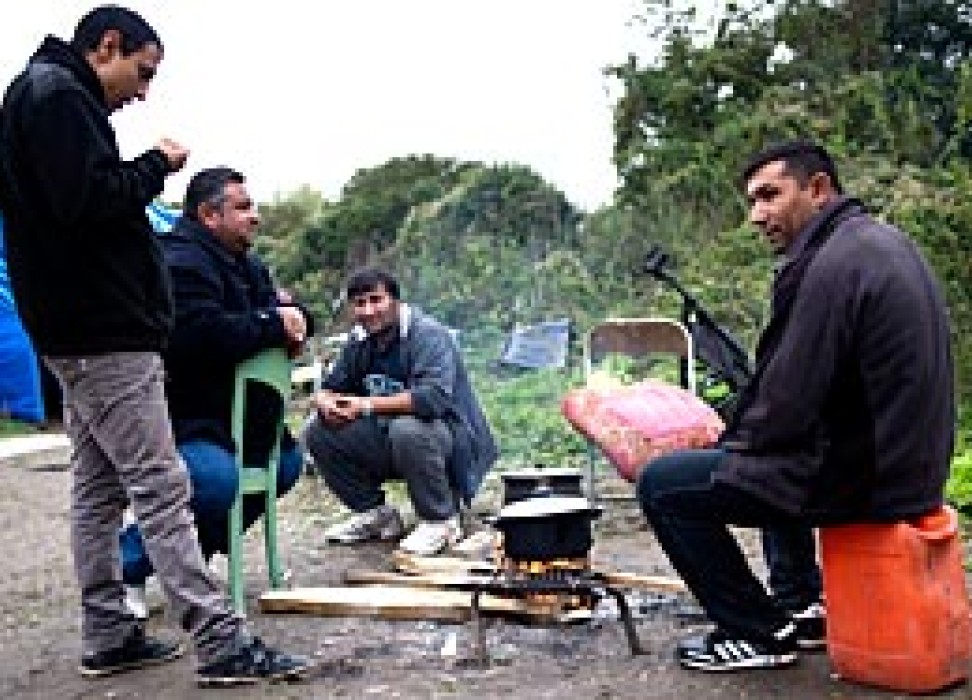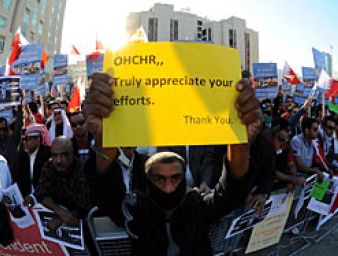Minority rights key to an inclusive post-2015 development agenda
04 April 2014

Greater attention should be given to disadvantaged minorities when shaping the development agenda that will replace the MDGs in 2015, the UN Special Rapporteur on minority issues, Rita Izsák, said in her latest report.
According to the expert, inequality, discrimination and poverty disproportionately impact persons belonging to minorities who constitute hundreds of millions of the most economically and socially disadvantaged globally.
“Millions of people belonging to national, ethnic, religious and linguistic minorities worldwide are trapped in a cycle of discrimination, exclusion, poverty and underdevelopment from which they cannot break free without targeted attention being given to their situations,” she said.
Izsák stressed that one of the reasons states failed to reach their development targets was because the MDGs did not sufficiently take into account persons belonging to minorities.
“Even if minorities were mentioned, there was a lack of discussion about why minorities are experiencing a disproportionately high level of poverty,” she said. “Future goals must be sensitive to who benefits and at whose expense, and must go beyond blunt, aggregate targets that allow us to pick the “low-hanging fruit” and neglect more difficult challenges” she pleaded.
The expert’s latest report to the Human Rights Council considers minority development beyond income and poverty. Instead, Izsák analysed the situation of minorities in the context of the 11 areas which were used for global consultations on people’s vision for the post-2015 development agenda: inequalities, education, health, growth and employment, food security and nutrition, conflict, environmental sustainability, governance, energy, water, and population dynamics.
In each area, she demonstrated how persons belonging to minorities were marginalized.
“In education, for example, of the world’s 101 million children out of school, an estimated 50–70 percent are from minorities or indigenous peoples,” she highlighted. “People belonging to minorities frequently die younger, suffer from higher rates of disease, and struggle more to access health services compared to the rest of the population.”
She also said that minorities are commonly under or not represented in political and decision making bodies, and more greatly affected by financial crises.
“The impact of the global financial crisis is most deeply felt by the poorest in society, including minorities, who often lack secure employment and face shrinking social welfare platforms. Indeed, as 2015 approaches, many of those belonging to minorities are at risk of backsliding in both development and human rights terms.”
In her report, the UN Special Rapporteur gave key recommendations for equality related goals that would also include minorities. She stressed that the new development goals should have specific targets and indicators on minority inclusion, and that disaggregated data should be better collected and analyzed to reveal the inequalities of minority groups.
“Where appropriate, dedicated institutional attention should be given to minorities in the States where they live, including through designated ministries, departments or units and in national human rights institutions, in order for national action plans to be implemented with the necessary attention given to minorities,” Izsák said.
4 April 2014



